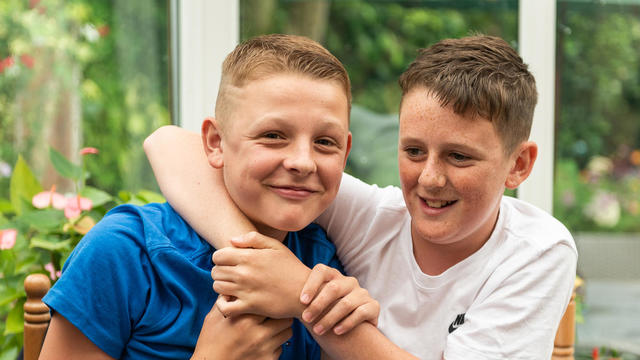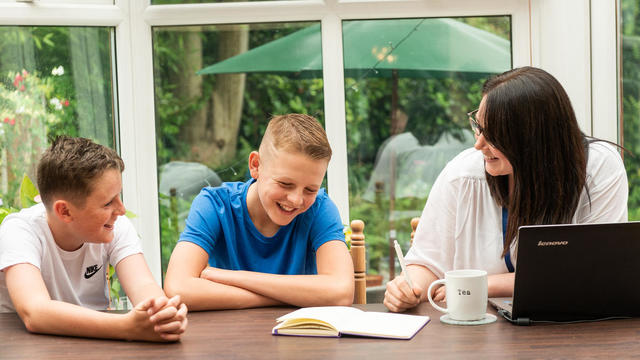Mental Health Awareness Week 2023: Diluted focus on mental health

Mental health is a big issue for both children and adults
The country faces the biggest mental health crisis in history.
- Over 600,000 disabled people in the UK are estimated to have £10 or less per week to pay for food and other costs. More than half are left anxious, depressed or hopeless by financial worries (Leonard Cheshire, 2022).
- 1 in 6 children aged five to 16 were identified as having a probable mental health problem in July 2021, a considerable increase from 1 in 9 in 2017. That’s five children in every classroom (NHS Digital, 2021).
- Nearly half of 17-19 year-olds with a diagnosable mental health disorder have self-harmed or attempted suicide at some point, rising to 52.7% for young women (NHS Digital, 2018).
What is the government doing?
Earlier this year, the government scrapped the long awaited dedicated 10-year Mental Health plan.
Despite the demand for mental health services at record levels, the government wants to publish a broader plan - Major Conditions Strategy - that will cover a range of long-term health conditions (e.g. cancer, respiratory conditions) alongside mental health.
On 17 May, the government launched a call for evidence, seeking views on the Major Conditions Strategy. The call for evidence is open for six weeks and will close at 11.59 pm on 27 June.
Our concerns
We are afraid that combining the strategies will exclude children and young people, who are less likely to experience chronic ill-health.
Considering that 75% of mental illnesses develop in childhood, it is questionable whether the new strategy will involve working collaboratively with LAs and schools to improve early intervention measures for children who struggle with mental health (Milligan, 2023).

What we are calling for
The government must address drivers for poor mental health (social determinants) and embed mental health and well-being at the center of all central government policies and initiatives.
We want the government to focus on ACE mitigating factors. This can be done using the ACE trajectory to create meaningful measures that help us understand where to prioritise resources.
Notably, holistic assessments must occur as soon as possible to ensure effective early intervention.
You can find more about our asks to the government by reading our full response to the 10-year mental health plan consultation here.
Next steps
We will respond to the Major Conditions Strategy call for evidence, sharing our concerns and recommendations.
If you want to share any views to incorporate in our response, please email styliana.pasiardi@togethertrust.org.uk.
You can keep up with our updates by signing up to our campaign emails or via our website.
This is part of a four-blog series for Mental Health Awareness Week. Read Styliana's other blogs here.





